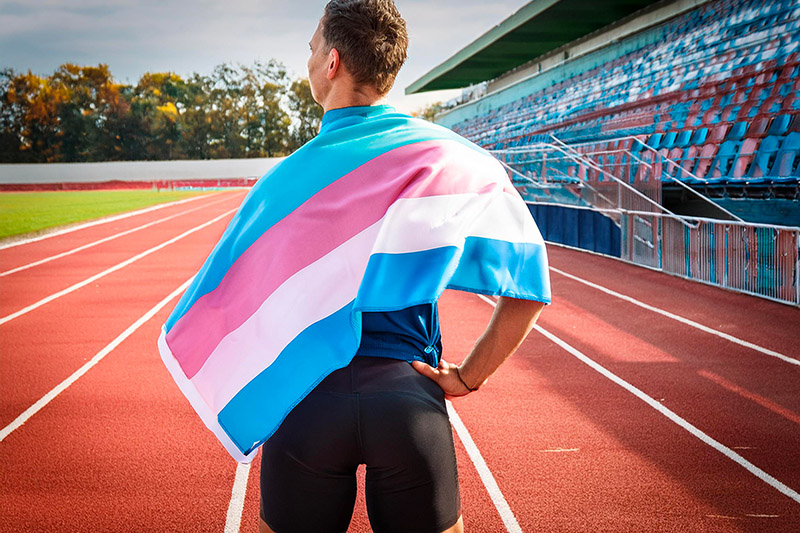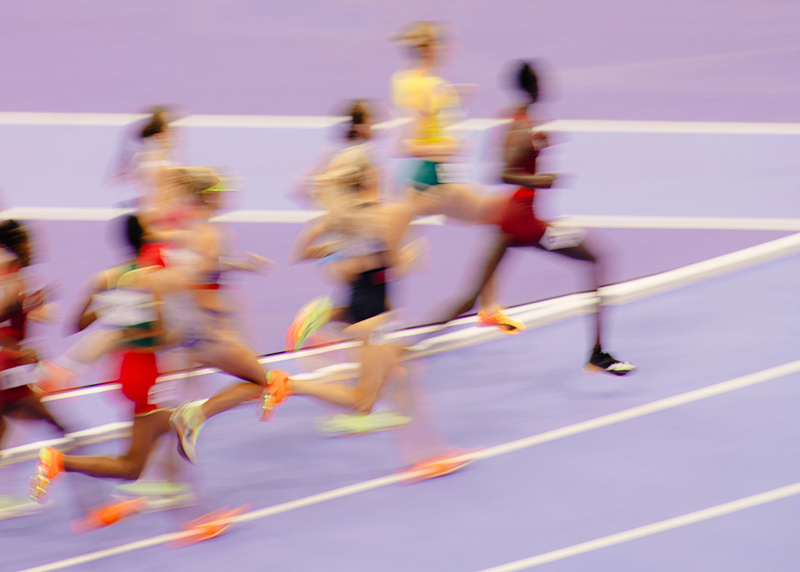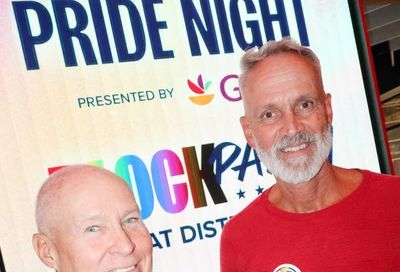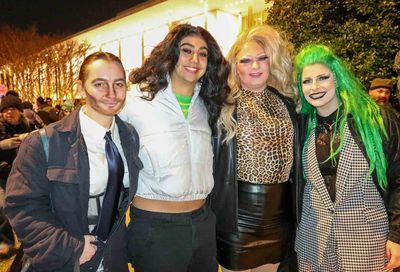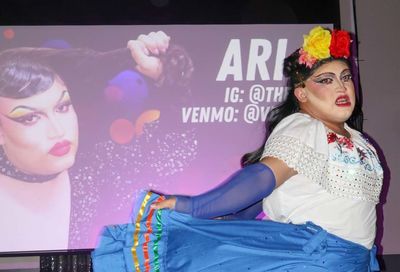Robbie's Rules
LA Galaxy's out soccer star Robbie Rogers hits the field on his own terms

Robbie Rogers
(Photo courtesy LA Galaxy)
MW: You recently wrote a piece for USA Today about your opposition to boycotting the Winter Olympics in Sochi over Russia’s anti-LGBT law. What’s your reasoning behind that position?
ROGERS: I was just trying to speak for my experience. After I came out and went back to sports, I realized that the conversations I was having about my life as a gay man were conversations a lot of guys wouldn’t have in the locker room or at a team dinner, and I thought that me just being present and playing my sport was a more impactful message to people in the U.S. or soccer fans everywhere or just people around the world.
If someone wants to boycott, they can boycott it. I wasn’t trying to say, “No, don’t boycott.” I was just saying from my experience and if I had a choice I would go and if I was able to encourage people to go I would just so that they could be themselves and be open and be positive and compete. I think that would be the real message. That would make more of a difference. That’s just how I felt about it, but I think the decision is up to the athletes themselves.
My experience at the Olympics in Beijing was just amazing, so I wouldn’t want to take that away from anyone.
MW: Russian officials have said that there is a risk of arrest if people speak out about this or do so much as wear a rainbow pin. Do you think it’s worth that risk?
ROGERS: That’s why I also wrote about how I think the Olympic Committee needs to protect people. We’ll see what the Olympic Committee does, but it’s very important that the Olympic Committee take care of the athletes and create a safe environment for any kind of athlete. It will be interesting to see what happens. But, honestly, I still would go. I’m not going to tell another athlete what to do, but I would still go.
MW: Have you been satisfied with the response from the International Olympic Committee?
ROGERS: No. … I think until the Olympic Committee makes an official statement or something public where they address all of those issues, I’ll wait and see what happens. But I think they simply need to protect everyone. They need to create an Olympics that is positive and safe. That’s just common sense to me.
MW: Is there any reaction to your coming out that stands out in your mind more than anything else?
ROGERS: I don’t think there was one thing specifically, but it was more in the messages from younger adults that were messages like, “I read your story and really connected with it and now I came out to my family yesterday. It wasn’t easy, but thanks for sharing your story because that’s what inspired me.” Or people who talk about suicide and reading the story and being motivated to live. As simple as that. It’s crazy.
I never thought in a million years that me coming out would inspire someone to be themselves and to want to continue to live and kind of change their life. Those kind of reactions were when I was like, “Okay, I’m happy I did this and I feel better about myself.” But now I’m really helping people as well. It wasn’t what I was expecting, but it feels great to know I’m helping people in that way.
MW: In a lot of ways it seems like you’re a spokesman now.
ROGERS: Yeah, if you would’ve asked me this a year ago — I also came out to my family eight months ago, so it hasn’t been that long — but a year ago I would’ve told you you were crazy.
MW: Is it a role you’re comfortable with?
ROGERS: Now I am. I had to get comfortable with it very quickly. Obviously, I came out in public. In a way, I wasn’t asking for it. But it’s kind of like, you did that so now you have to do it. You know what I’m saying? So I feel very motivated to help people and, again, that wasn’t my intention. When I came out I just wanted to be happy with myself and my life and just let people know where I stand.
MW: I’ll never hear the end of it if I don’t ask this next question. Are you single?
ROGERS: Yes, I am.
MW: And I know you have interests other than soccer. You’re involved in a men’s fashion line — “Halsey.” Is that something we’ll see more of in the future?
ROGERS: Yeah, I’m involved with that and working on different things with that. Every season we create a new line so that’s obviously busy.
Working on a charity called “Beyond ‘it,'” where I’m raising money for nonprofits. And I’m going to co-chair the GLSEN (Gay, Lesbian & Straight Education Network) Respect Awards with Kerry Washington, and a working on a documentary with Steve Nash, and just a bunch of different little things that I think will really help people. It’s been very enjoyable for me and I’ve been learning a lot. My focus right now is definitely soccer — the other stuff when I have time I work on it.
MW: What’s your message to either current athletes who are thinking of coming out, or to some of these young people we’ve talked about who want to go into professional sports but don’t see someone like them on the field or the court?
ROGERS: That’s a great question. There’s a lot of things I’d like to sit down and say to them, but from my experience I’ve realized just being honest and open with people makes things really easy. They just know where you stand. They grow to trust you and respect you. I think if you can be an athlete and be totally open, your performance will change and you’ll be happy with your life off the field or outside the arena — whatever sport you’re in.
Honestly, for me, being open with people has changed my life. I don’t know how to word that into a cheesy phrase, but that’s about what I would say to them.
Team DC and the Federal Triangles Soccer Club present United Night Out vs. the L.A. Galaxy Saturday, Sept. 14. Game begins at 4 p.m., RFK Stadium. Tickets, $30, are available online at unitednightout.com.
Support Metro Weekly’s Journalism
These are challenging times for news organizations. And yet it’s crucial we stay active and provide vital resources and information to both our local readers and the world. So won’t you please take a moment and consider supporting Metro Weekly with a membership? For as little as $5 a month, you can help ensure Metro Weekly magazine and MetroWeekly.com remain free, viable resources as we provide the best, most diverse, culturally-resonant LGBTQ coverage in both the D.C. region and around the world. Memberships come with exclusive perks and discounts, your own personal digital delivery of each week’s magazine (and an archive), access to our Member's Lounge when it launches this fall, and exclusive members-only items like Metro Weekly Membership Mugs and Tote Bags! Check out all our membership levels here and please join us today!




